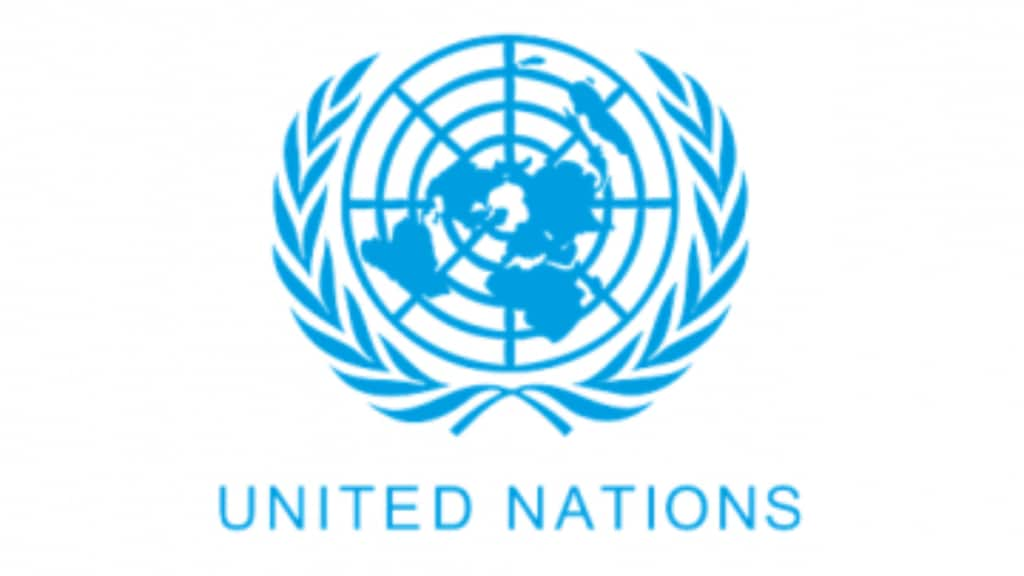On the 25th anniversary of the International Day for the Elimination of Violence Against Women, UN Deputy Secretary-General Amina Mohammed addressed a high-level meeting, stressing the ongoing struggle to end violence against women and girls. She acknowledged the significant progress made over the past quarter-century but stressed that much more needs to be done to address the widespread and persistent violence that continues to affect millions globally.
The Scale of the Problem
Amina Mohammed highlighted the stark reality that nearly one in three women worldwide experience violence in their lifetime, whether at home, in the workplace, or online. Tragically, every day 140 women and girls are killed by members of their own family, making the home the most dangerous place for many women. She pointed out that each statistic represents a real person, often hidden behind societal stigma or silenced by fear.
“The safe house we often take victims to should actually be her remaining in her home, and the perpetrator, the man, taken out,” said Mohammed, emphasizing the need for a shift in how society addresses domestic violence. Women around the world are forced to alter their routines, behaviours, and choices out of necessity to protect themselves. This constant threat stifles their freedom, creativity, and opportunities, limiting their access to education, employment, and public life.
Vulnerable Groups at Greater Risk
Women who face multiple forms of discrimination—such as those living with disabilities, older women, and migrant or refugee women—are disproportionately affected by violence. For these women, the impact is even more profound, with heightened vulnerability and fewer resources available to escape their circumstances. This contributes to a cycle of inequality and marginalization.
The social and economic consequences of violence against women are not confined to the individual. As Mohammed stated, “When a significant portion of our population cannot operate freely or live without fear, the social and economic potential of communities, families, and nations is diminished.”
Progress and Ongoing Challenges
Despite the challenges, Amina Mohammed pointed to several positive developments. She noted that efforts to prevent violence and improve access to justice for survivors have been gaining momentum. The Spotlight Initiative, a collaboration between the European Union and the UN, has contributed to the adoption of nearly 550 laws to protect women, provided essential services to 3 million women, and engaged 8 million young people in gender equality programs. These examples show that change is possible, but more investment is needed.
“Violence against women and girls is preventable,” Mohammed asserted, but “prevention investments are dwarfed by the scale of the problem.” She urged governments and civil society to allocate more resources to prevention efforts and work together to address the root causes of violence, including harmful social norms and gender inequality.
The Path Forward: Collaboration and Action
The Deputy Secretary-General concluded by calling for continued multilateral action to address the global challenge of violence against women and girls. “We must come together, especially men and boys, reaffirm our commitment, and intensify action to put an end to violence against women and girls for good,” she said.
As threats to women’s rights and safety grow, the need for collaboration among governments, the United Nations, and civil society is more critical than ever. Amina Mohammed’s message was clear: ending violence against women and girls requires sustained commitment, substantial investment, and a collective effort from all sectors of society. Only through united action can we build a world where women and girls can live free from fear, enjoy their fundamental rights, and contribute fully to their communities.
